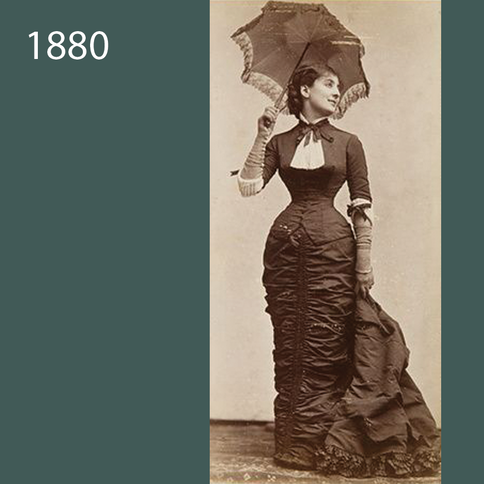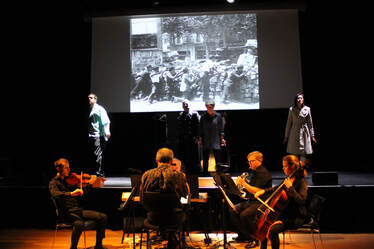|
About a year ago I finished this chamber opera on a play by Oscar Wilde. I was keen to write an Italian-style opera although never sure what I meant by that. Did I mean it should have the strong, traditional emotions of passion, destiny and conflicts of loyalty that characterise the tradition of opera seria? If so, Wilde's drama has all these in abundance. It's been described as Shakespearean or Jacobean, but actually it could have been written as an opera libretto in the style of Verdi operas then going the rounds. Despite its 16th century setting, I soon realised its contemporary relevance for Wilde, and also for us today.
Wilde's text is very long and very dense. There are a host of minor characters too, well suited to small parts within an operatic chorus. (sic) It was a labour of love to reduce it to something I could set. Although I'd wanted to write an Italian style opera, grand opera, or an imitation of it, was not what I was aiming for - quite the opposite. I wanted my audience close-up, and for practical and financial reasons I needed a small cast and a chamber accompaniment. I remembered the Victorians liked their parlour entertainments, and so decided on a piano duet, four hands at one instrument, as a throwback. Out went all the small parts, but in their place I developed the idea that the cast would also form their own mini-chorus and, in the absence of any sets, describe the settings and even the action rather than show either with any realism. This will provide a challenge for any director. More of a challenge at the moment is to determine what production and where, if any, is possible during the pandemic.
0 Comments
Leave a Reply. |
Edward LambertComposer and musician Categories
All
Archives
July 2024
|
|
Scores available by means of a Performance Restricted license from IMSLP
The Music Troupe
|
Contact Us |

 RSS Feed
RSS Feed
